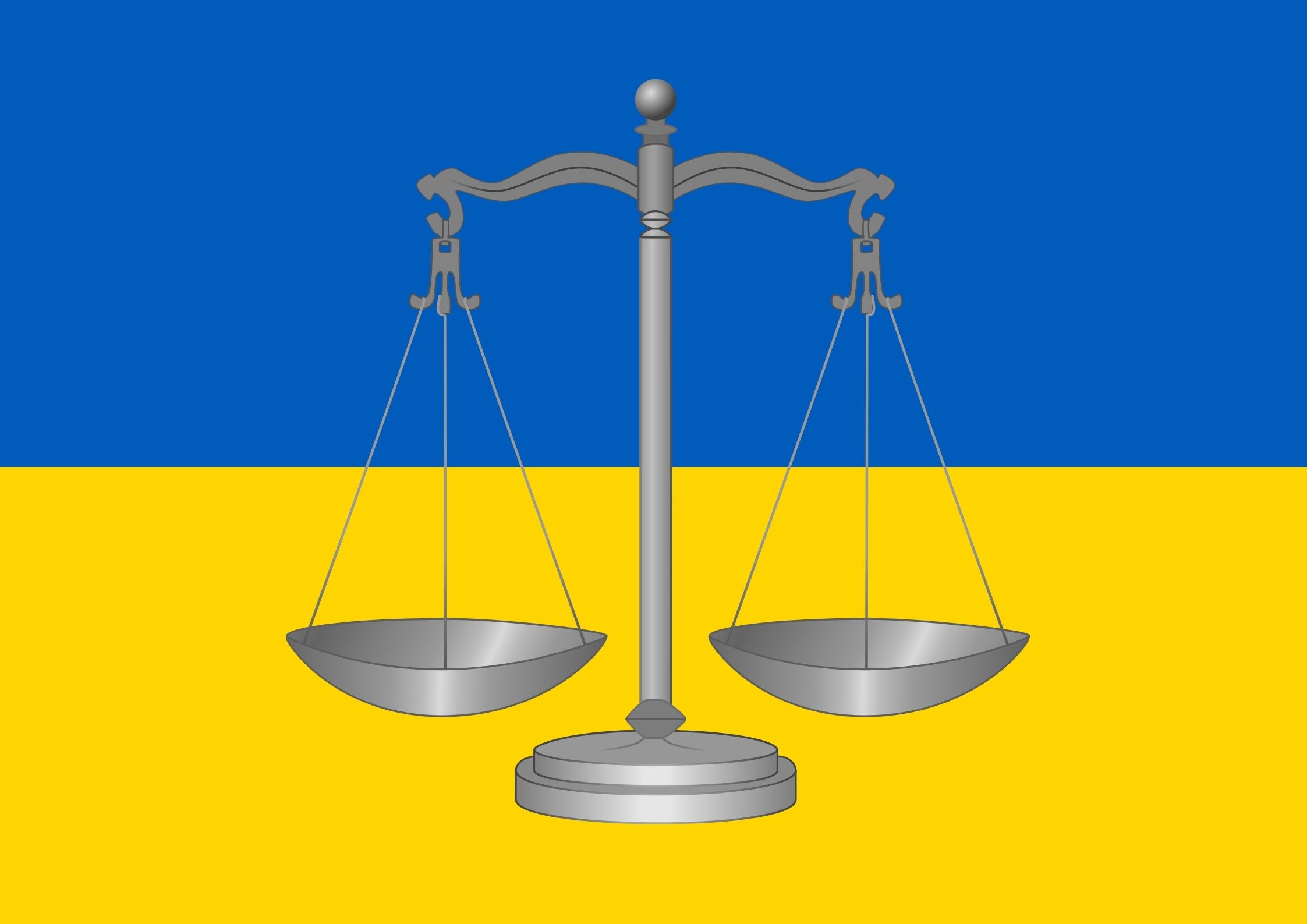Lawyer
In the conditions of martial law, the provision of adequate legal aid becomes a critically important task. Citizens are faced with numerous legal problems that require prompt and qualified solutions. In this article, we will consider the main legal mechanisms for providing legal aid in wartime, the role of legal advice, document analysis, legal opinion and legal opinion of a lawyer.
Legislative regulation
The main legal mechanisms for providing legal aid in wartime are defined by the Constitution of Ukraine, the Law of Ukraine "On Free Legal Aid", as well as other normative legal acts regulating the activities of legal and advocacy institutions in conditions of martial law.
The Law "On Free Legal Aid" provides for the possibility of obtaining primary and secondary legal aid, which includes the provision of legal information, consultations, drafting of procedural documents, as well as representation of interests in courts and other state bodies.
Consultation of a lawyer
During martial law, citizens need to promptly receive legal advice on various legal issues. A lawyer's consultation can relate to issues of legal status, labor relations, social protection, mobilization, evacuation, as well as other aspects that become especially relevant in wartime conditions.
Lawyers help clarify the current legislation, provide recommendations on actions in specific situations, and also prepare the necessary documents for applying to state authorities or the court.
Analysis of documents
Document analysis is an integral part of providing legal aid in wartime. Lawyers and advocates conduct a detailed analysis of documents confirming the legal status of citizens, their rights and obligations, as well as documents that are necessary for obtaining social protection, medical assistance, compensation, etc.
Among the main documents that require analysis are:
Passport and other identity documents
Documents confirming the right to social protection and compensation
Employment contracts and other documents related to labor relations
Medical certificates and conclusions
The analysis of documents allows you to identify possible violations of citizens' rights and to take measures to protect them in a timely manner.
Legal opinion
A legal opinion is an important tool of legal aid in wartime. After analyzing the documents, the lawyer provides a well-founded opinion on the legal status of the person, compliance of the actions of state bodies with the legislation, as well as possible ways of protecting the rights of citizens.
A legal opinion may contain recommendations on going to court, preparing procedural documents, challenging the decisions of authorities, as well as other legal advice necessary to protect the rights and freedoms of citizens.
Legal opinion of the lawyer
A lawyer's legal opinion is especially important in cases where it is necessary to protect the rights of citizens in court or before others
state bodies. The lawyer, representing the interests of the client, prepares procedural documents, protects rights at all stages of the judicial or administrative process.
The lawyer's legal opinion may include the following aspects:
Assessment of legality of actions of state bodies or other subjects
Recommendations on judicial protection of citizens' rights
Proposals for peaceful settlement of disputes
Access to legal aid
In the conditions of martial law, special attention should be paid to ensuring access to legal aid for all citizens, including the most vulnerable categories - displaced persons, refugees, military personnel and their families. State authorities and non-governmental organizations should ensure the possibility of obtaining legal assistance by creating hotlines, mobile consultation points, and also by using modern technologies for remote provision of legal assistance.
Conclusion
Providing adequate legal aid in wartime is a key task for the state and the legal community. Consultation of a lawyer, analysis of documents, legal opinion and legal opinion of a lawyer are the main legal mechanisms that help citizens to protect their rights and interests in the conditions of war. It is important to ensure access to legal aid for all categories of citizens, especially for those most in need of protection.

































